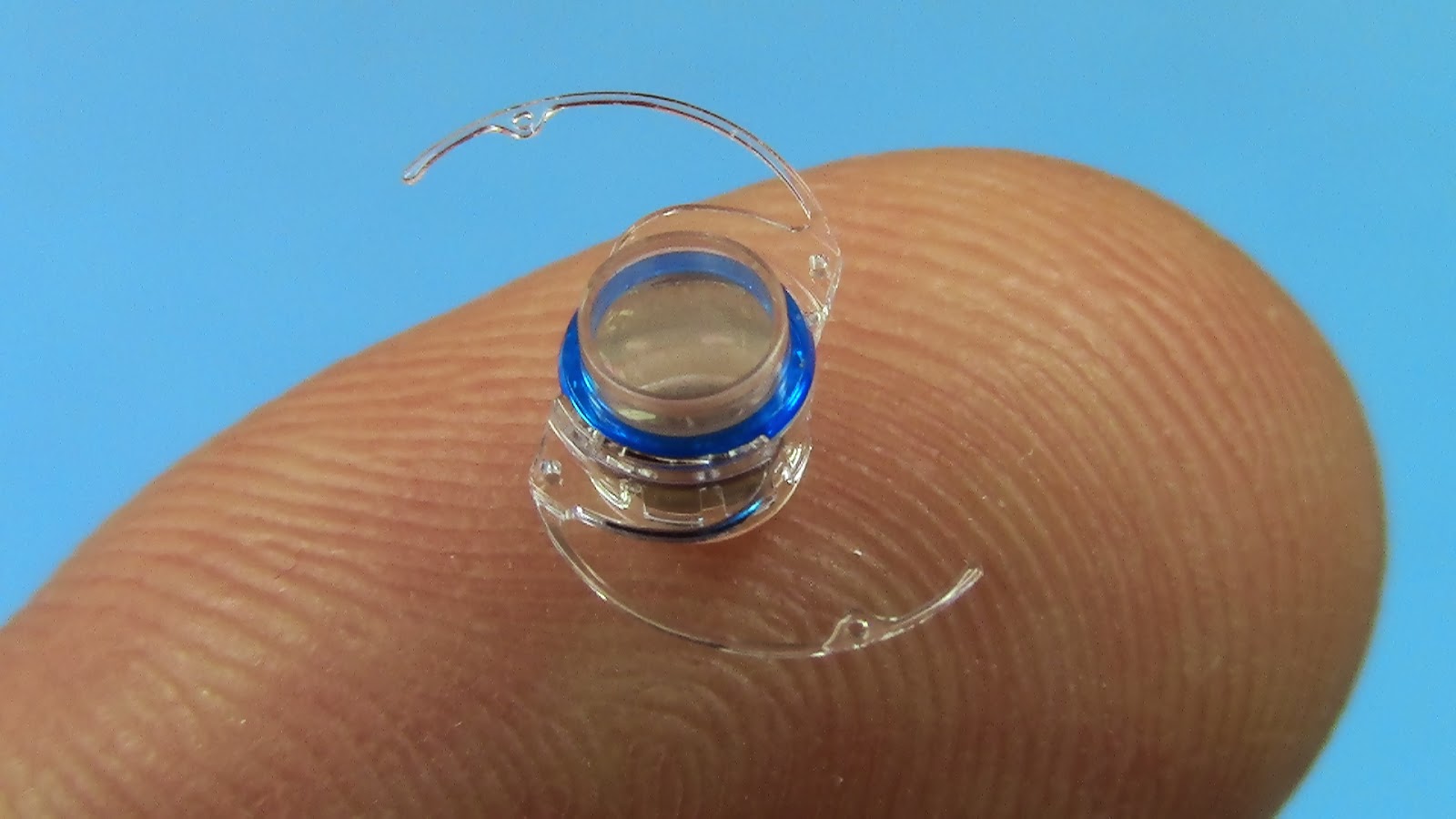Doctor Helps Legally Blind to See Better
Dr.
Randolph Kinkade, Connecticut’s only full-time low vision optometrist, treats macular
degeneration and other vision limiting conditions with telescopic eyeglasses
and other devices. Low vision is defined
as impaired vision that cannot be improved with standard eyeglasses, medication
or surgery.
Dr.
Kinkade has authored the book Guide to Macular Degeneration Eyeglasses: Low Vision Treatment and is a
founding member of the International Academy of Low Vision Specialists.
Low
vision affects a person’s ability to read and write, drive an automobile, see
people’s faces and watch television. “People with low vision have often been
told by their eye doctors that nothing more can be done to help them see
better,” states Dr. Kinkade.

Other
causes include inoperable cataracts, diabetes, glaucoma, retinitis pigmentosa
and optic nerve disease. Genetic defects,
strokes and trauma are additional causes of low vision.
Dr.
Kinkade feels people start noticing difficulty in doing normal day-to-day
activities when their corrected vision becomes less than 20/40. At this level reading the newspaper starts to
be difficult.
On
an eye chart, 20/20 vision is considered normal. An individual has 20/40 vision if the
smallest letters they can see on an eye chart are twice the size of the 20/20
letters. At 20/200 vision, the level of
legal blindness, the smallest size letter seen is 10 times larger than that of
a 20/20 letter.
With
telescopic glasses I can often bring someone with 20/80 vision to see 20/20 on
the eye chart. The vision is a different
kind of 20/20 vision they were used to, but it is a huge improvement over what
is seen without these special glasses,” states Dr. Kinkade.
Dr.
Kinkade reports “these eye glasses consist of miniaturized telescopes
incorporating prescriptions, anti-glare coatings, and very special optics. Understandably, they often take 3-4 weeks to
have made.”
The
telescopes can be placed in either the lower reading position, straight ahead
position or in the upper bioptic position.
With advancement in optics and high-tech lens designs, there is hope for
restoring useful vision for people willing to learn new ways of seeing.
Educational
videos, additional information and a free copy of his e-book are available on
his website www.LowVisionEyeglasses.com. Dr. Kinkade can be contacted at (800) 756.0766 or rkinkade@optonline.net
Low
Vision Rehabilitation - Connecticut
Cheshire
• Danbury • Farmington • Litchfield • Manchester
Norwalk
• Shelton • Stamford • Waterford • West Haven









